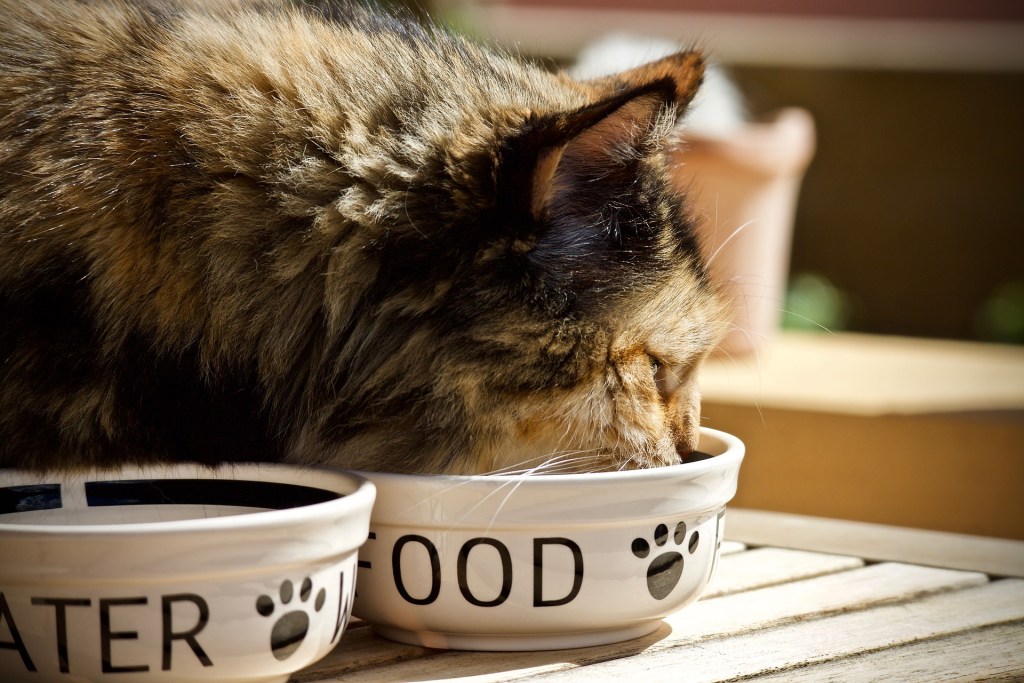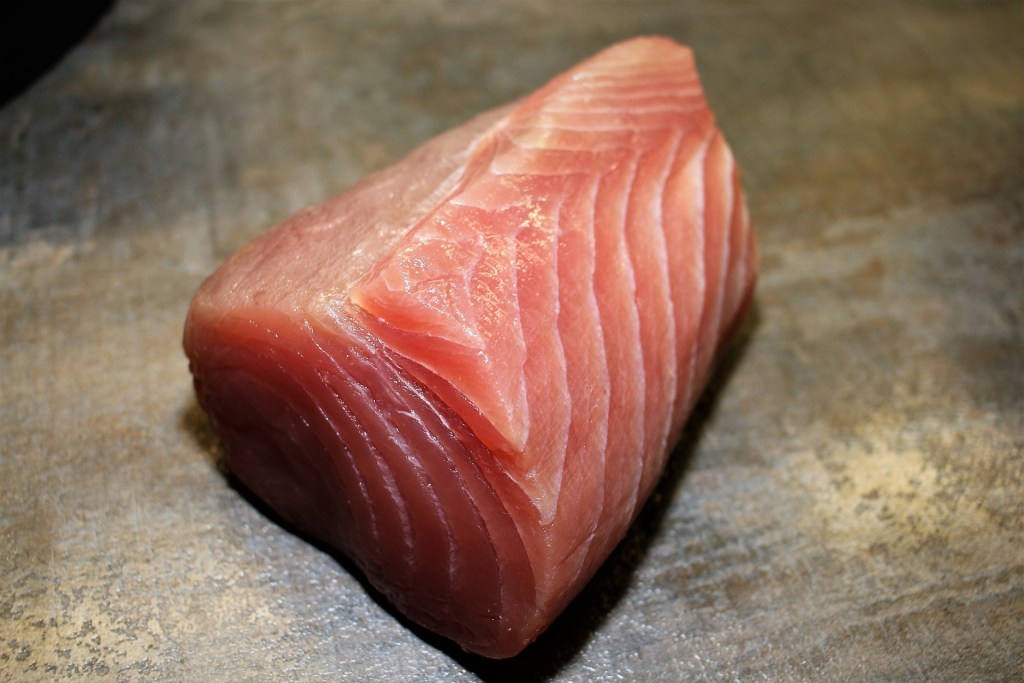If you’ve ever opened a can of tuna in your home, chances are your cat came running into the kitchen at full speed. It’s no secret that most cats will go wild for tuna, but can cats eat tuna? Absolutely! But, like any other special treat or food for your cat, it’s important to feed tuna in limited quantities and to select tuna that’s safe for your cat. If you’re wondering if you can feed tuna to your cat more often, you probably can, as long as you take the time to introduce it gradually and make sure that you never get to the point where you’re feeding your cat too much tuna.

Is tuna bad for cats?
According to Germantown Veterinary Clinic, tuna is a protein-rich food that can be good for cats, but only when fed in limited amounts. Protein supplies moisture that’s particularly important for cats who are eating dry food-only diets. The nutrients contained in tuna can also help to supplement your cat’s diet.
But tuna carries some dangers, too. Canned tuna may contain higher amounts of mercury than other fish, so feeding your cat too much tuna could possibly lead to mercury poisoning. Tuna also contains a lot of salt, which isn’t great for your cat’s diet.
Is it OK to feed tuna to cats?
VetHelpDirect explains that you can feed tuna to cats, but only on a limited basis. Tuna contains omega-3 fatty acids, which can have an anti-inflammatory effect.
If you decide to feed tuna, you’ll need to consider whether you should feed raw or cooked tuna. When you’re feeding raw fish, there’s a greater chance for it to become contaminated by bacteria. If you have a cat who’s very young or very old, or who’s pregnant or has a compromised immune system, then you may want to avoid feeding raw fish.
Instead, you can cook the tuna to be extra safe. Just be sure to avoid adding any salt or seasonings.
Can cats eat a whole can of tuna?
VetHelpDirect notes that, while you can feed your cat canned tuna, it’s important to only feed him tuna that’s been packed in water. Some canned tuna is packed in oil or in a brine, and you’ll want to avoid giving these types of tuna to your cat.
It’s also important to feed tuna in moderation. Tuna can contribute to weight gain, and cats who eat too much tuna may neglect their regular cat food, which can lead to nutritional imbalances. To be safe, tuna should only make up 10% of your cat’s daily food intake. You should never feed a whole can at a time.
Can cats eat tuna in water?
According to VetHelpDirect, fresh tuna is ideal, since it doesn’t have additives and tends to be the safest choice. Canned tuna can also be suitable, and your cat can eat tuna that’s been packed in water.

How do I prepare tuna for my cat?
There aren’t many special tricks to preparing tuna for your cat. VetHelpDirect notes that you can cook tuna to decrease the chance of your cat contracting extra bacteria. Avoid cooking tuna in any spices or oils, and if you want to give your cat a bit of tuna off of your plate, only give him pure tuna. Avoid giving him tuna that’s been mixed with mayonnaise or prepared with butter or seasonings.
If you want to feed your cat tuna, you can give him just a little bit on a plate. Some cat owners also add bits of tuna to their cat’s food to increase the food’s palatability. This can be effective, but you’ll need to be careful; some cats learn to pick out only the tuna and leave behind their regular food.
Just like feeding any type of treat, it’s important to gradually introduce tuna to your cat’s diet. Sudden dietary changes can lead to digestive upset, so be patient and introduce just a little bit of tuna at a time. If your cat has dietary allergies, it’s possible that he’ll be allergic to tuna, so watch for symptoms like itchy skin and vomiting. If you have questions about your cat’s diet, be sure to talk to your vet, and it’s always a good idea to ask your vet before making any changes to your cat’s nutrition. In most cases, adding a little tuna to your cat’s food should be fine, but you’ll need to watch your cat closely to make sure that he’s tolerating this new treat.


